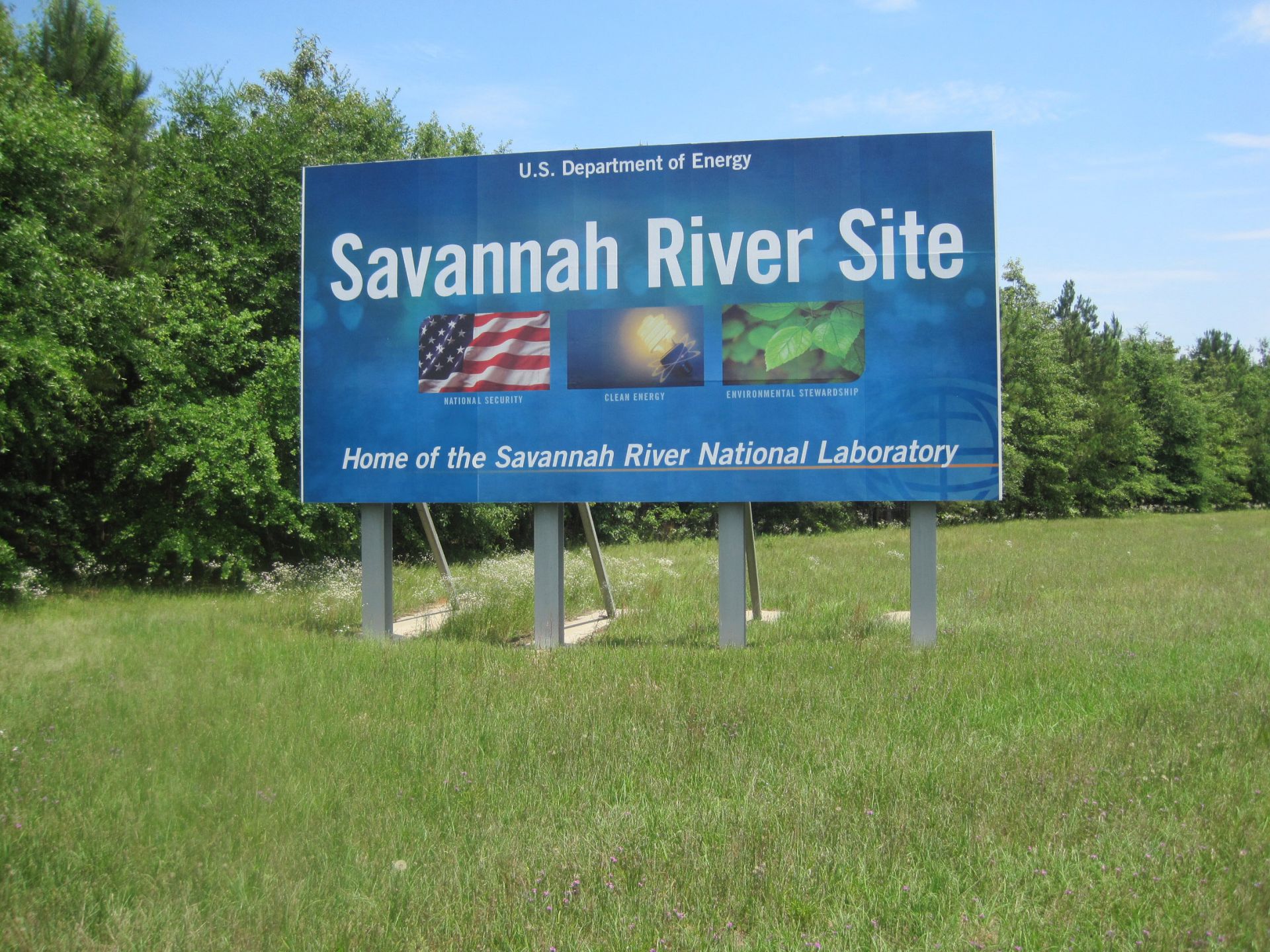WIPP could run out of disposal space, GAO says

The aboveground portion of WIPP’s current ventilation system. Photo: GAO
A study of the Department of Energy’s Waste Isolation Pilot Plant in New Mexico has found that the repository faces long-term issues with ensuring sufficient physical space and statutory capacity to dispose of the federal government’s inventory of transuranic (TRU) waste. WIPP is the United States’ only repository for the disposal of TRU waste generated by the DOE’s nuclear weapons research and production.
The Government Accountability Office study, Better Planning Needed to Avoid Potential Disruptions at Waste Isolation Pilot Plant (CAO-21-48), was published on November 19.




